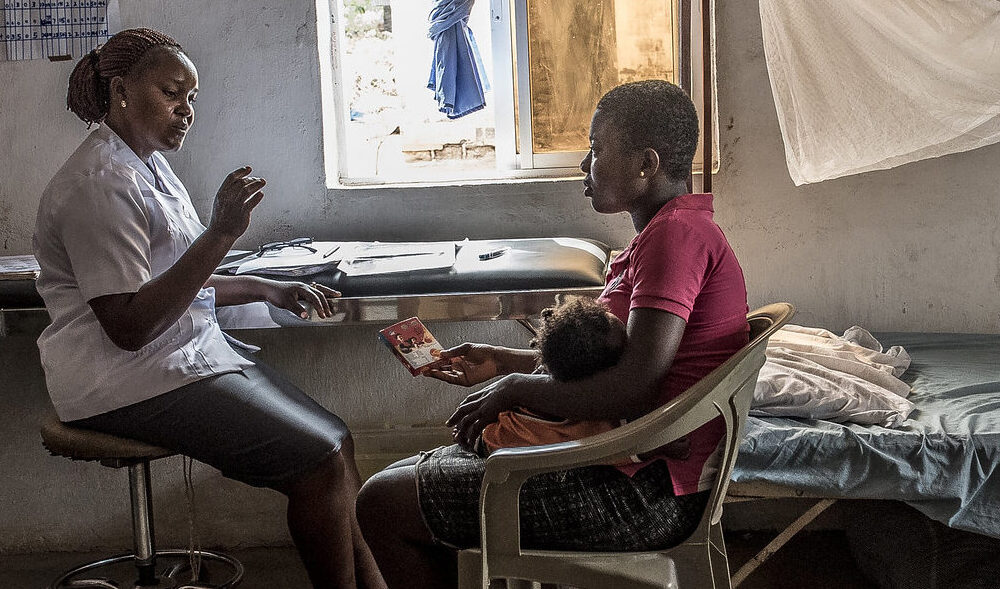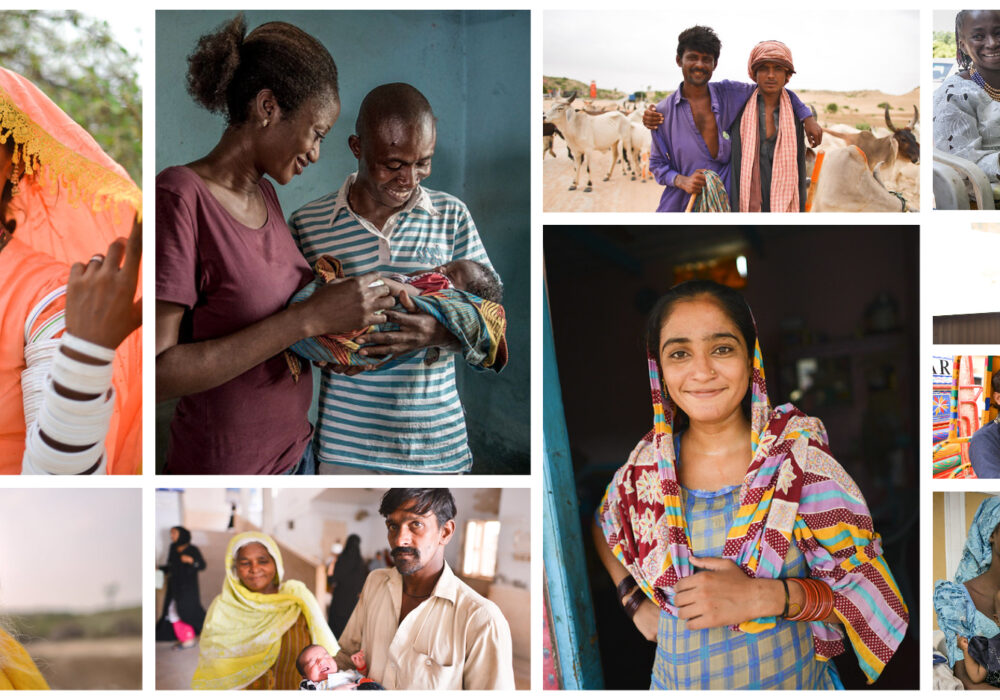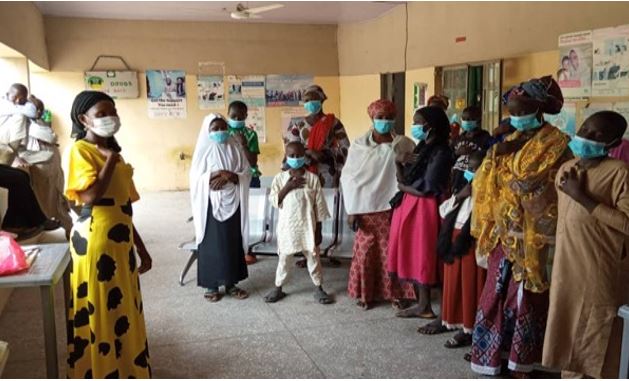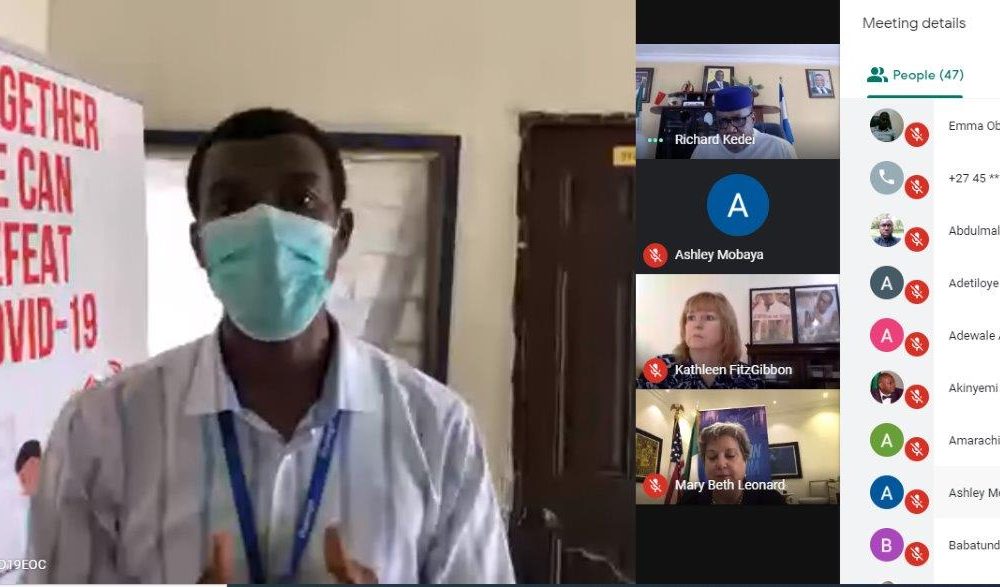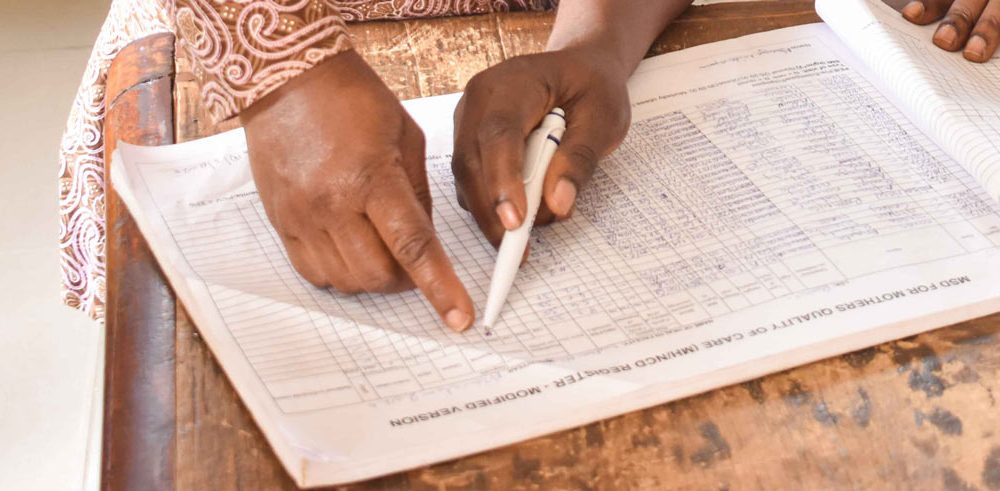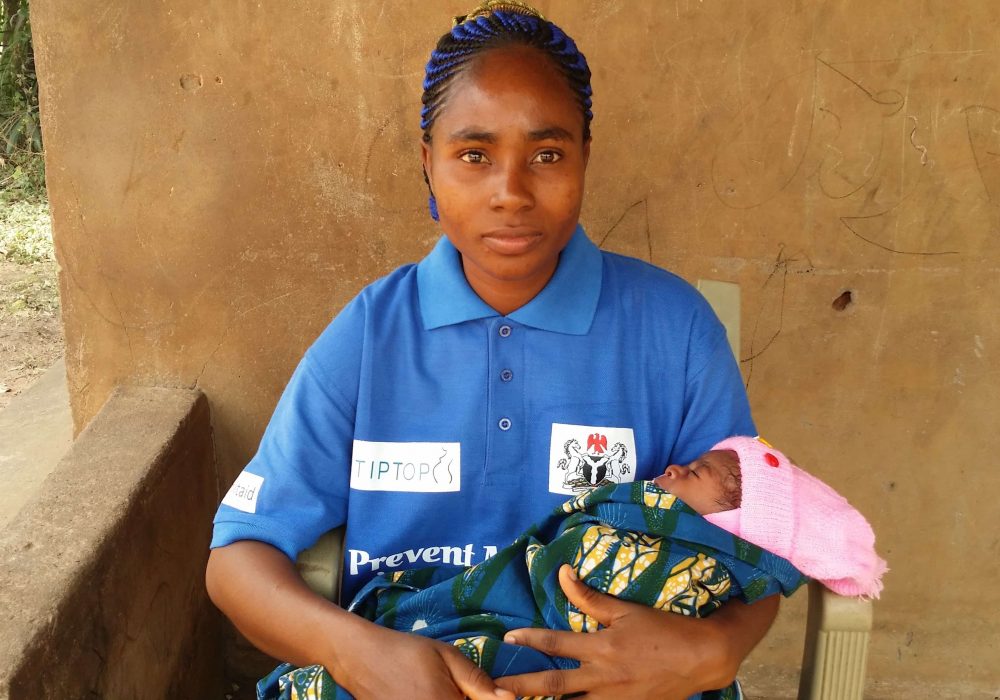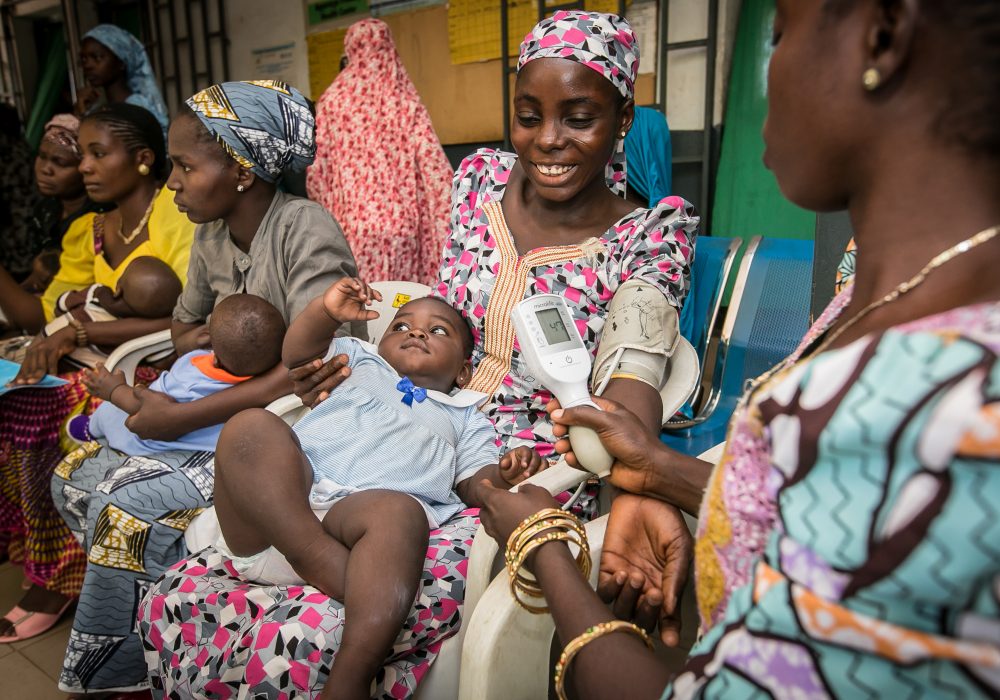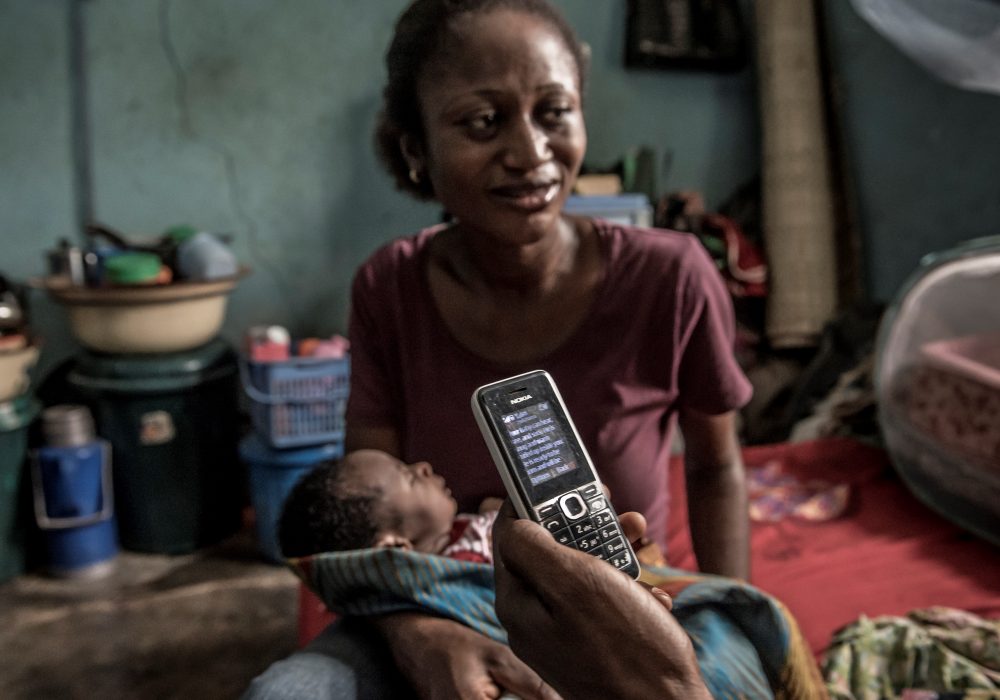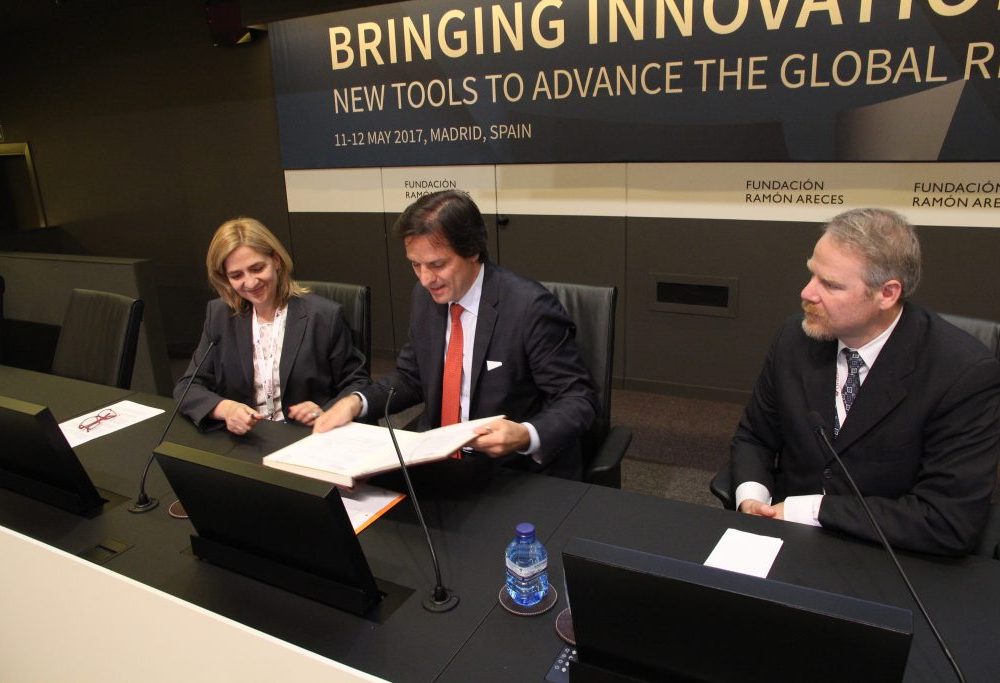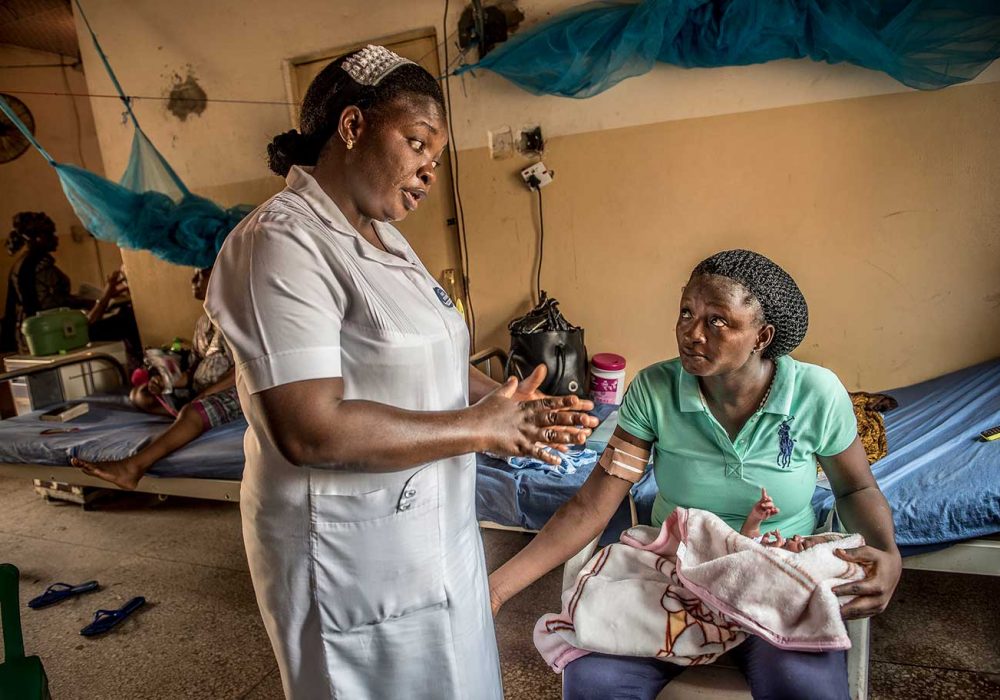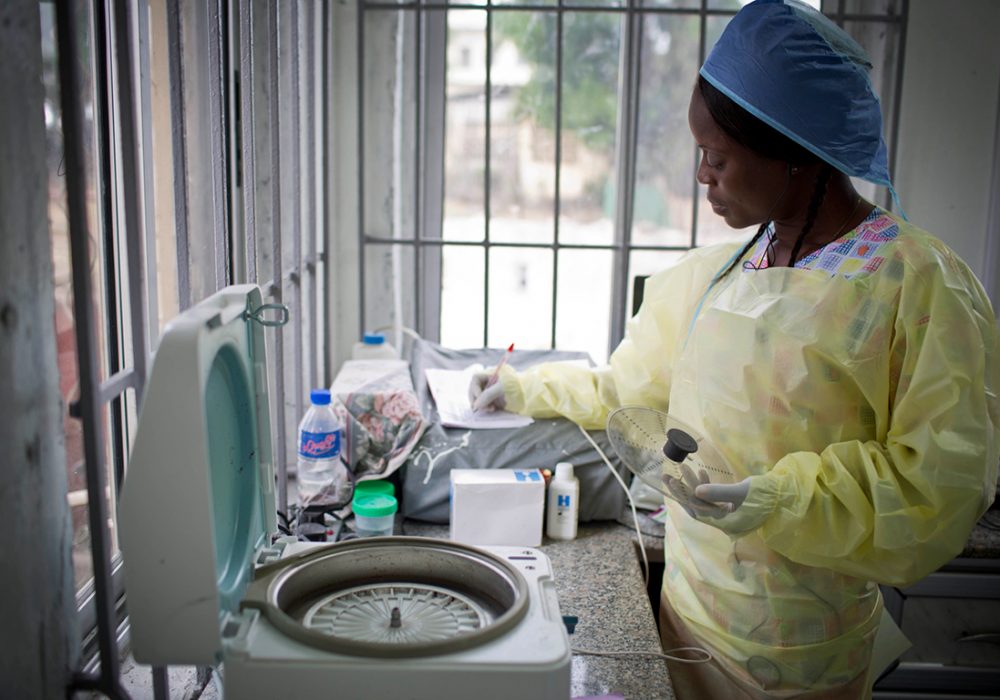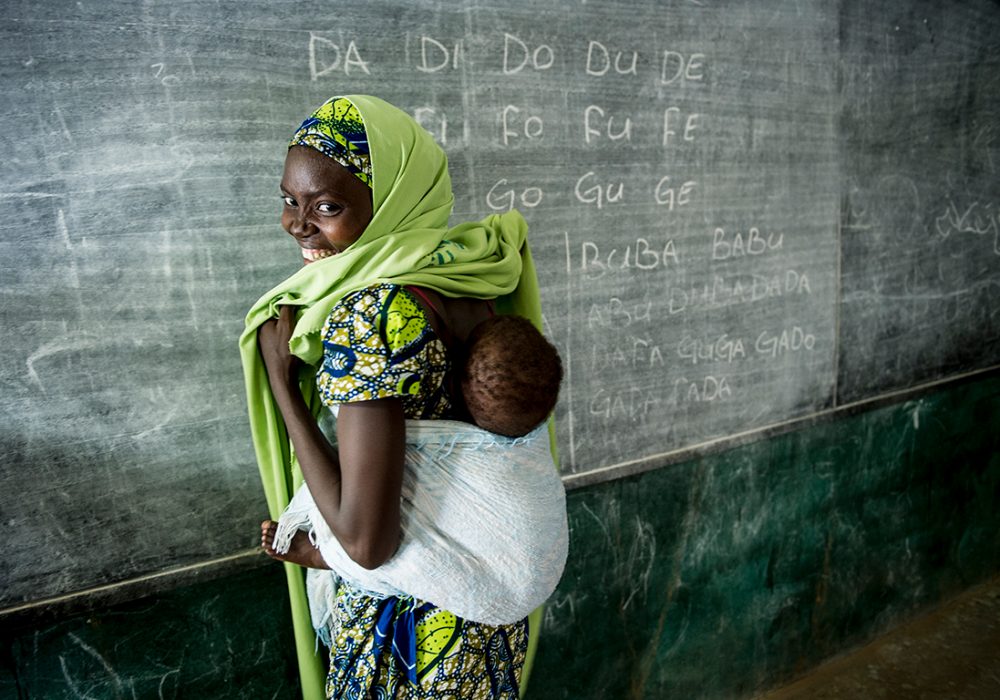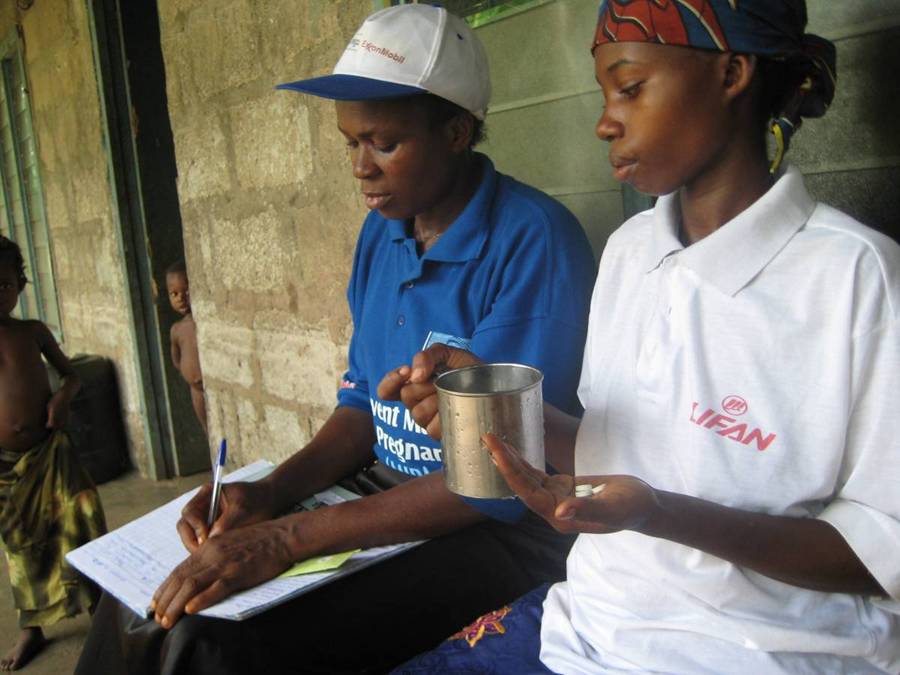Nigeria


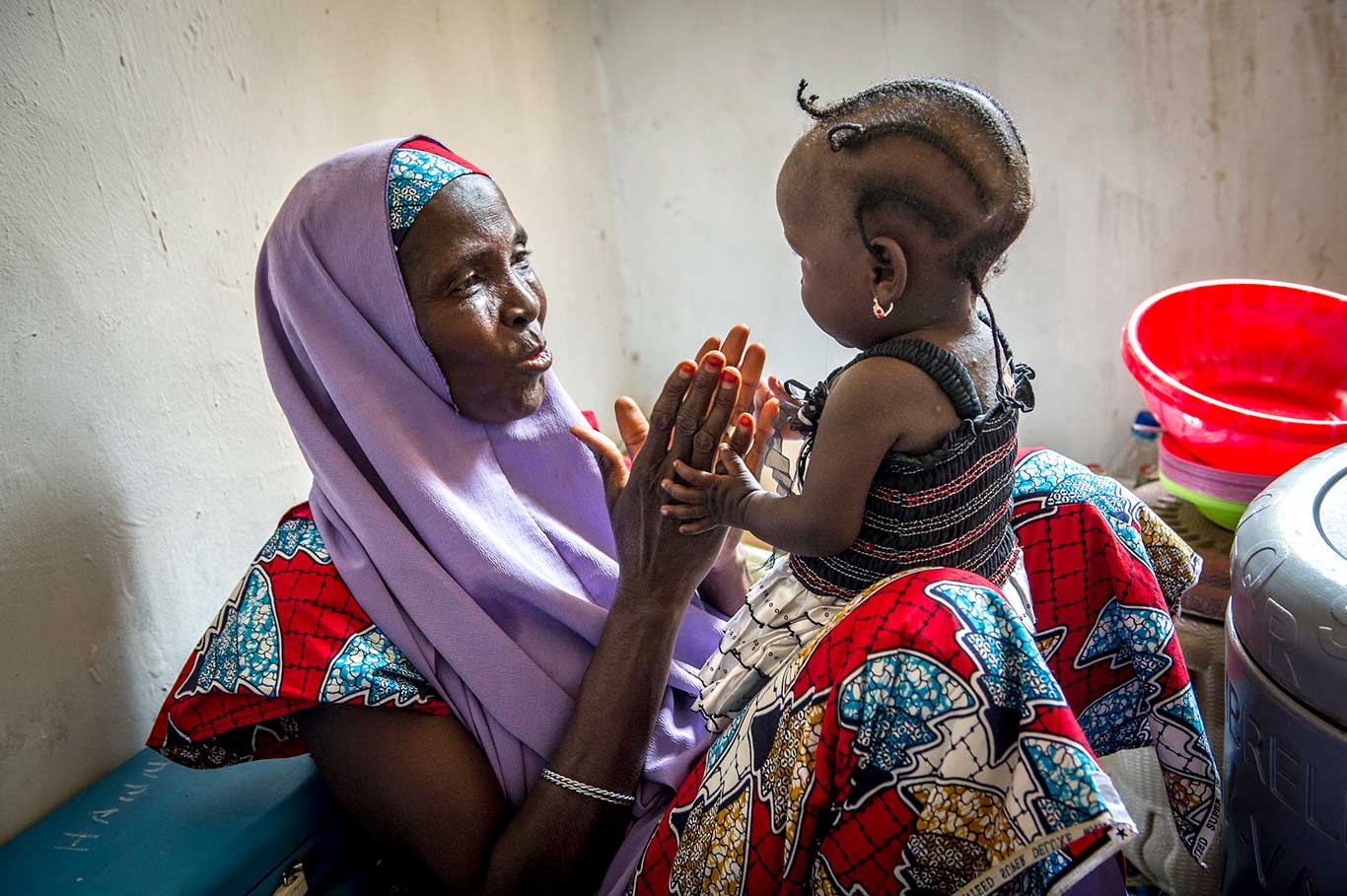
Country Contact
Oniyire Adetiloye, Country Director
Tel. 234 92913684
Plot 971 Reuben Okoya Crescent,
Off Okonjo-Iweala Way
Off Olusegun Obasanjo Way
Wuye District – Abuja
P.O. Box 14832
FCT, Nigeria
Current and Recent Donors
Bill & Melinda Gates Foundation
CDC
Clinton Health Access Initiative
Gavi, The Vaccine Alliance
Global Fund to Fight AIDS, Tuberculosis and Malaria
Government of Nigeria
Merck for Mothers
Patrick J. McGovern Foundation
Pharmajet
Unitaid
USAID
The World Bank
We’ve reached millions of Nigerian women, men and children since 1978.
- HIV testing services were provided to more than 2.6 million people, newly identifying more than 74,000 as HIV-positive and linking more than 72,000 to care and treatment.
- Through the Reaching Impact, Saturation, and Epidemic Control (RISE) project, more than 1.5 million COVID-19 vaccinations have been delivered through efforts across state and local governments.
- Jhpiego’s technical assistance has resulted in development of up-to-date national guidelines on HIV testing services to permit recency testing and other novel case-finding approaches, including HIV self-testing, partner notification services (index testing) and dual HIV/syphilis rapid diagnostic testing.
- Through a groundbreaking community-based approach, Jhpiego expanded treatment of malaria in pregnancy, thereby reducing the high risks malaria poses to pregnant women and their newborns. The approach has led to a dramatic increase in pregnant women receiving a third dose of intermittent preventive treatment (IPTp3) using sulfadoxine-pyrimethamine, as recommended by the World Health Organization. Household study results in the three implementation districts show that IPTp3 coverage increased from 11.5% in 2018 to 62.7% in 2021.
Our Work in Nigeria
Reaching Impact, Saturation, and Epidemic Control (RISE)
RISE is a five-year global project funded by the U.S. President’s Emergency Plan for AIDS Relief (PEPFAR) and the U.S. Agency for International Development (USAID). RISE works with countries to achieve a shared vision of attaining and maintaining epidemic control, with stronger local partners capable of managing and achieving results through sustainable, self-reliant and resilient health systems by 2024. RISE’s contributions to this work will lead to fewer new HIV infections, decreased HIV-related morbidity and mortality, and increased quality of life for people living with HIV. With USAID PEPFAR investments, RISE supports countries to achieve and maintain epidemic control by providing strategic technical assistance and direct service delivery to improve HIV prevention, case finding, treatment programming, and viral load suppression. The primary objectives of the RISE project are to: 1) attain and maintain HIV epidemic control among at-risk adult men, women and priority populations; 2) attain and maintain HIV epidemic control among key populations; 3) strengthen health systems including improved program management, health information systems, human resources for health and financial systems to ensure attainment and maintenance of epidemic control; and 4) support the transition of direct funding and implementation to capable local partners to meet the PEPFAR goal of 70% of funding to local partners by 2020. The project is led by Jhpiego with the following partners: ICAP at Columbia University, Management Sciences for Health, Anova, BAO Systems, Johns Hopkins University Center for Public Health and Human Rights, and Mann Global Health. RISE is currently active in several countries, including Nigeria.
Enhancing Global Health Security: Expanding Efforts and Strategies to Protect and Improve Public Health Globally
Funded by the U.S. Centers for Disease Control and Prevention (CDC), this five-year project builds upon activities funded by CDC to support Global Health Security through implementation of programs and activities that focus on protecting and improving health globally through partnerships with Ministries of Health and other institutions. With an initial emphasis on addressing the COVID-19 pandemic, the project is supporting countries—including Nigeria—and carrying out regional work in West Africa and South America to improve prevention of avoidable epidemics, including naturally occurring outbreaks and intentional or accidental releases of dangerous pathogens, and to improve ability to detect threats early and respond rapidly and effectively to public health threats of international concern. The project is being implemented by a Jhpiego-led consortium that includes the Johns Hopkins Center for Health Security, the Johns Hopkins University Applied Physics Laboratory, Global Scientific Solutions for Health, and Johns Hopkins University Center for Global Health.
In Nigeria, this project focuses on improving the country’s global health security through provision of technical assistance to the government of Nigeria, specifically the Nigeria Centre for Disease Control, National Agency for the Control of AIDS and National Malaria Elimination program to improve surveillance, laboratory services, data management capacity, and to contribute to technical competencies and delivery of the COVID-19 Response Mechanism grant and all other country priorities.
MOMENTUM Country and Global Leadership
Moving Integrated, Quality Maternal, Newborn and Child Health and Family Planning and Reproductive Health Services to Scale (MOMENTUM) is a suite of projects, funded by the U.S. Agency for International Development, that aims to accelerate reductions in maternal, newborn and child mortality and morbidity in high-burden countries by increasing host country commitment and capacity to provide high-quality, integrated health care. Each of the projects has a specific focus area; together they provide a comprehensive, flexible package of support for countries as they overcome context-specific health challenges towards sustainable development. The six-year, Jhpiego-led MOMENTUM Country and Global Leadership project focuses on: 1) providing targeted technical and capacity development assistance to our missions, partner countries and local organizations; and 2) contributing to global technical leadership and policy dialogue for improved maternal, newborn and child health, voluntary family planning and reproductive health outcomes. Jhpiego’s sub-partners under this project are: Save the Children, Johns Hopkins University International Vaccine Access Center, Quicksand, Matchboxology, BAO Systems, Avenir Health, McKinsey and Company, PACT, Institute for Healthcare Improvement, Christian Connections for International Health and Ubora Quality Institute.
In Nigeria, the project is supporting the strengthening of quality of care (QoC) of maternal, newborn and child health services, including through an assessment of comprehensive emergency obstetric and newborn care.
Technical Assistance on Demand for Primary Health Care Systems, Delivery/Scale of High-Impact Interventions in Bauchi
Jhpiego is providing technical assistance to the Bauchi State Ministry of Health and the State Primary Health Care Development Agency to transition their antenatal care delivery platform across primary health care centers to a group antenatal care (GANC) model. In addition, Jhpiego is helping to layer onto GANC services several high-impact maternal and newborn health interventions such as: a high-risk pregnancy package, birthing bundle, basic and comprehensive emergency obstetric and newborn care, essential newborn care, family planning and reproductive health services, treatment for malaria in pregnancy and immunization for mothers and newborns. This project is funded by Technical Advice Connect and the Bill & Melinda Gates Foundation.
Accelerating Control of the HIV Epidemic in Nigeria (ACE) Project
With funding from the U.S. Agency for International Development through Clinical Care and Clinical Research Nigeria, Jhpiego is providing support to the four-year ACE project. Implemented in Kwara and Niger States, the project aims to increase: 1) demand for HIV/AIDS and TB services within primary health care interventions; 2) quality of HIV/AIDS/TB services to provide client-centered, equitable and efficient treatment and to support continued viral suppression; 3) access to HIV/AIDS prevention and treatment services to all populations, especially the underserved and persons with special needs; and 4) resiliency, responsiveness and accountability of the health system to deliver sustainable HIV programs. Jhpiego is leading HIV-prevention activities focused on finding new cases of HIV; this includes implementing proven and innovative strategies for HIV testing and case finding, and scaling-up and integrating pre-exposure prophylaxis and gender-based violence services. Jhpiego is also responsible for strengthening evidence, implementation research and data science for HIV epidemic control including scaling-up of electronic medical records and virtual learning.
Evaluating the Impact of an Intradermal Needle-Free Delivery Device on a Polio Routine Immunization Program
Under this two-year project, led by PharmaJet, Jhpiego is conducting a stratified-pair, cluster randomized study in two states of Nigeria. The study is designed to assess the programmatic feasibility, sustainability and scale-up plan for the introduction of the Tropis® injector for inactivated polio vaccine delivery into Nigeria’s Expanded Programme on Immunization. The PharmaJet Tropis injection system is a hand-held device, prequalified by the World Health Organization, that delivers precise intradermal injections without needles. If the evaluation results are positive, this new method for administering vaccines could accelerate uptake of polio and other vaccines, thereby bolstering the global health community’s ability to prevent disease and save more lives. This award is funded by the U.S. Agency for International Development’s Development Innovation Ventures.
HIV Interruption in Treatment Risk Modeling
With funding from the Patrick J. McGovern Foundation, and in partnership with Palindrome Data, Jhpiego is integrating an interruption in treatment (IIT) risk model into the existing electronic medical record system across 30-40 health facilities across two states in Nigeria for a period of 12 months. The model provides health workers with a score that refers to high, medium or low risk of an IIT at the next visit, enabling health workers to provide proactive care before an IIT occurs. The project seeks to meet the specific needs of clients by developing a package of preventive interventions for those most at risk. Conducting implementation research, the project evaluates the impact of the model and preventive interventions on HIV outcomes.
The people we serve
Country Contact
Oniyire Adetiloye, Country Director
Tel. 234 92913684
Plot 971 Reuben Okoya Crescent,
Off Okonjo-Iweala Way
Off Olusegun Obasanjo Way
Wuye District – Abuja
P.O. Box 14832
FCT, Nigeria
Current and Recent Donors
Bill & Melinda Gates Foundation
CDC
Clinton Health Access Initiative
Gavi, The Vaccine Alliance
Global Fund to Fight AIDS, Tuberculosis and Malaria
Government of Nigeria
Merck for Mothers
Patrick J. McGovern Foundation
Pharmajet
Unitaid
USAID
The World Bank






